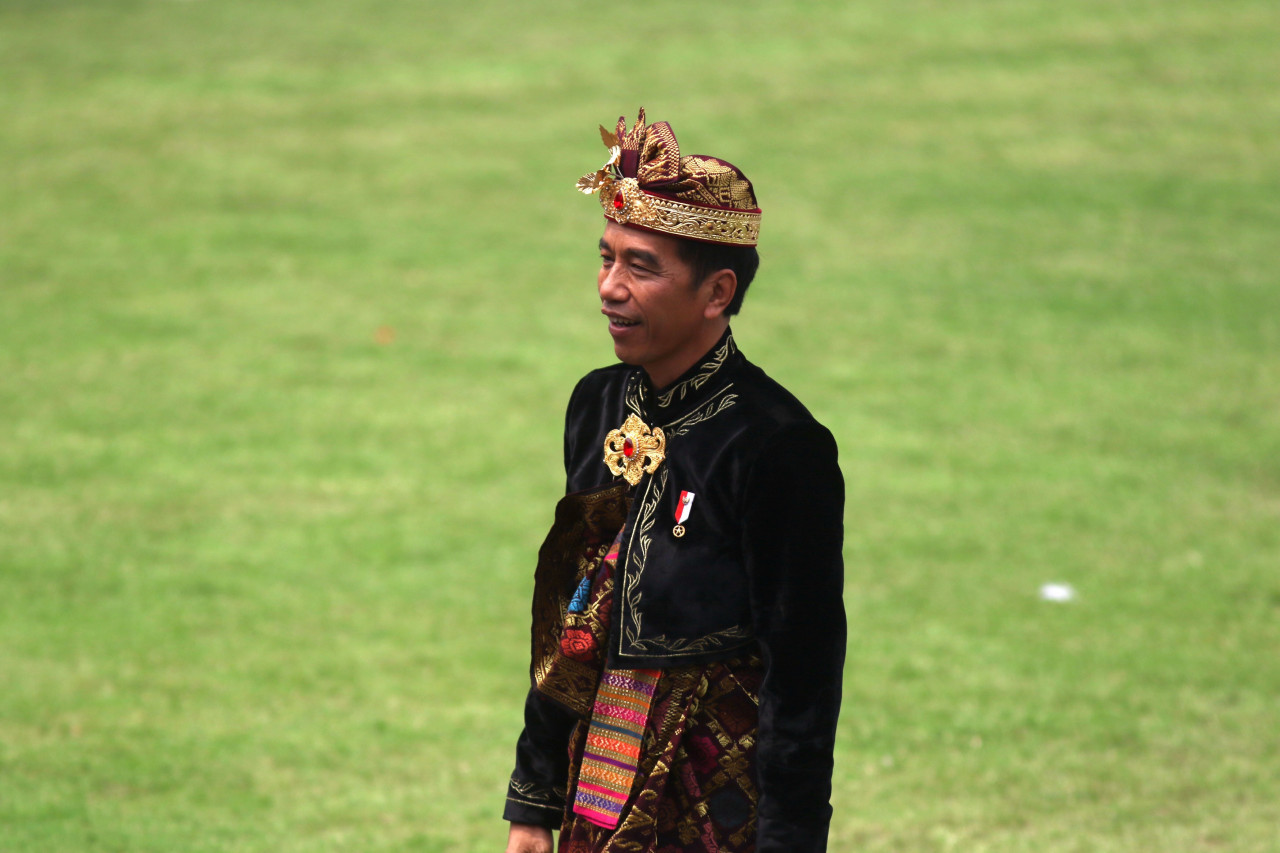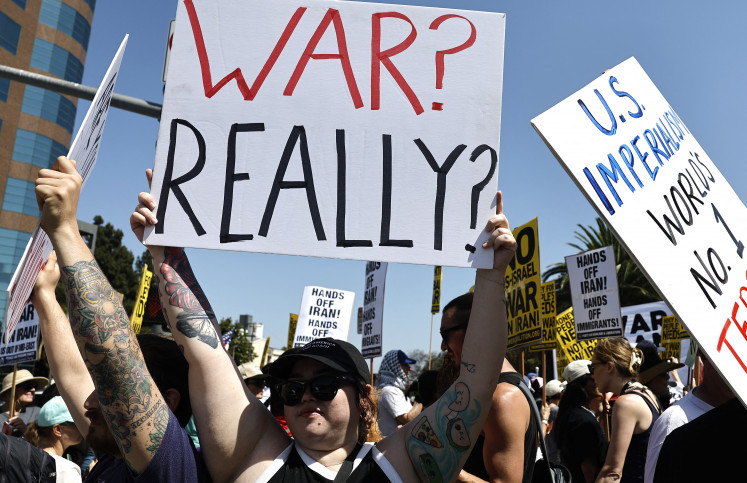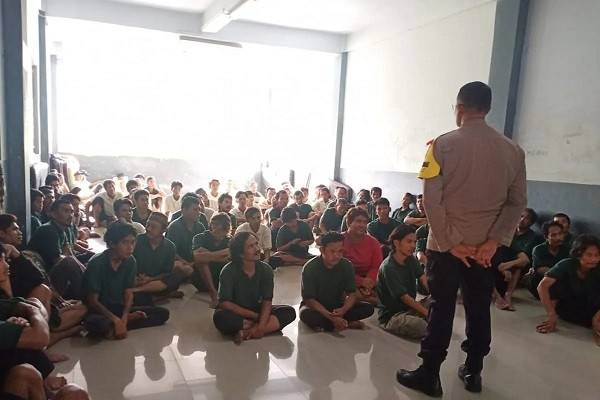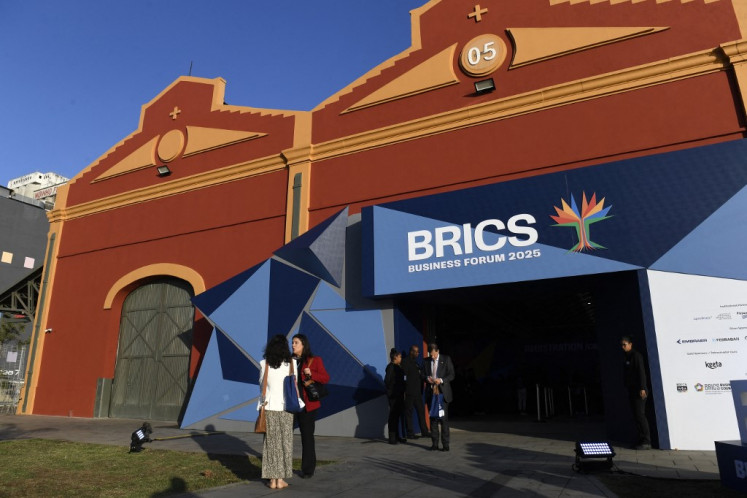Popular Reads
Top Results
Can't find what you're looking for?
View all search resultsPopular Reads
Top Results
Can't find what you're looking for?
View all search resultsReforming Jokowi’s reforms
However hard Jokowi has been pushing forward his reform measures, the reform programs in other countries like Vietnam, Thailand, Malaysia, Cambodia and India have run much faster, thereby making them the main destinations for manufacturing plants relocated from China and Japan.
Change text size
Gift Premium Articles
to Anyone
T
he World Bank’s September economic update on Indonesia that was presented to President Joko “Jokowi” Widodo early last week is arguably the boldest, most straightforward and most critical observation of government policy-making and implementing capacity and public-sector governance in general.
The report cites bureaucratic red tape (even inertia), overlapping regulations, too many discretionary decisions by ministers and regional government rules that contradict Jokowi’s policies, nontariff barriers to imports and excessive import and export administrative procedures. All these problems have cut Indonesia off from the global supply chain and consequently made the country unattractive to foreign direct investment (FDI).
This shows that even though the President has made impressive progress in his infrastructure development to improve physical connectivity between the various islands and between rural and urban areas, his institutional capacity building has run at a snail’s pace because of strong resistance from officials with vested interests.
Many may see the key message of the World Bank report as ironic, because right from the outset of his administration Jokowi has made physical infrastructure development, institutional capacity building to develop a clean, efficient and competent system of governance and expedient business licensing his top-priority working programs.
But this only affirms that however hard Jokowi has been pushing forward his reform measures, the reform programs in other countries like Vietnam, Thailand, Malaysia, Cambodia and India have run much faster, thereby making them the main destinations for manufacturing plants relocated from China and Japan.
We know that reform has never been easy as it tries to remove all the rents that have been building up within the old system, but Jokowi seems to lack political support for his working programs, notably from regional administrations. Members of his Cabinet have often admitted that regulatory barriers and inefficient bureaucracy and poor ministerial coordination have become the main barriers to investment.
Bigger FDI flows have become more crucial now for Indonesia, in view of the economic slowdowns in the United States, Europe and China (Indonesia’s biggest trading partner), the US-China trade war, the Japanese-South Korean trade tensions, threats from Brexit and the turmoil in Hong Kong. However, as long Indonesia remains outside the global supply chain, foreign investors will not be interested in building manufacturing plants in the country.
Not even generous tax incentives, which have been a popular agenda item of the government over the past few months, would be able to woo FDI to the country as long as the country is not connected to the global value chain. Yet more worrisome is that the global economic slowdown may cause capital outflows from Indonesia as the country has been too dependent on jittery short-term (portfolio) capital to finance its widening current account deficit.
We hope Jokowi would not feel downhearted by the World Bank report and strong policy recommendations. The critical observations should instead make him even more resolute in pushing his reform programs during his second term, which starts later next month.
We believe Jokowi would have stronger political courage to implement bolder, albeit painful, reforms because he will no longer face pressure from the five-year political cycle.










